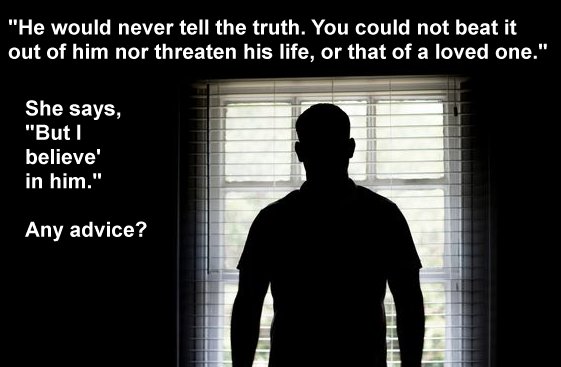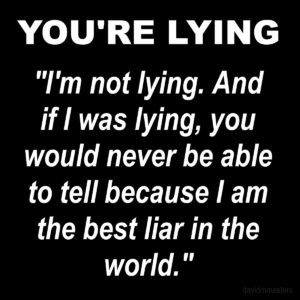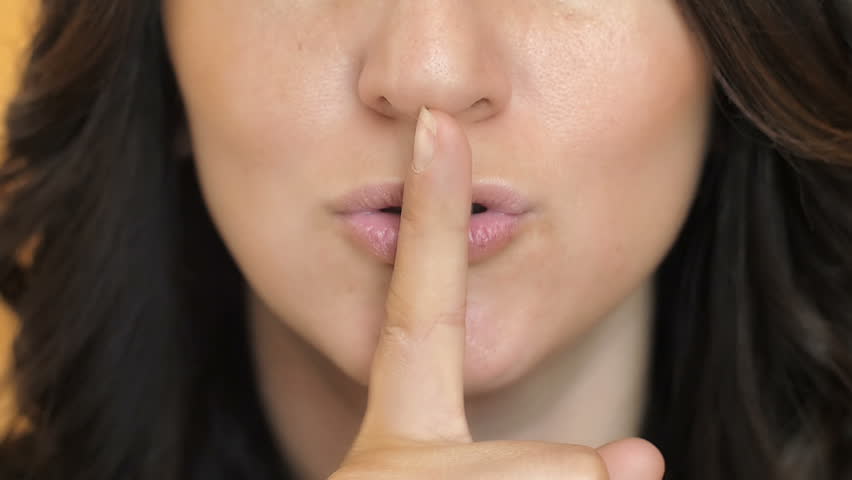They taught us wrong. Is it just me or are you upset that as young tender minds we were taught to believe many things to be true, that later we discovered were just not so. (Not to mention the stuff they throw at us as adults that they think we would believe just because it was released as “news” which is always true [sarcasm intended].)
Here are Some Examples and once you’ve got a start tell me more. (In comments below.) I’m sure you can think of some good examples as well.
-
- The Food Pyramid Previously, we were instructed to limit fat intake to only 1 gram per day and adhere strictly to the conventional food pyramid. However, we now understand that fat is essential for our bodies, particularly the brain, to function optimally. The one-gram fat limit is not sufficient for our body’s needs.
Moreover, some argue that the recommended amounts of dairy and grains may be influenced by the dairy and grain industries, potentially conflicting with a genuinely healthy lifestyle.
-
- Columbus Discovered America: It was traditionally taught that Christopher Columbus discovered America in 1492. However, this disregards the indigenous peoples who were already living in the Americas. Historically, Norse explorers and possibly other civilizations reached the continent prior to Columbus.
- The Five Senses: We were typically taught that humans have five senses—sight, hearing, taste, smell, and touch. However, research now suggests that humans have more than just five senses, including senses like proprioception (body awareness) and vestibular sense (balance and spatial orientation).
- Humans Only Use 10% of Their Brains: The belief that humans only use 10% of their brain capacity is a common myth. Brain imaging techniques have shown that various regions of the brain are active and involved in different functions throughout the day.
- The Great Depression Was Solely Caused by the Stock Market Crash: While the stock market crash of 1929 contributed to the Great Depression, it was not the sole cause. A combination of factors, including unsustainable economic practices, income inequality, and weak financial regulations, played significant roles in the economic downturn.
- The Three States of Matter: In school, we often learn about the three states of matter—solid, liquid, and gas. However, there are other states of matter, such as plasma and Bose-Einstein condensates, which exist under specific conditions.
- Earthworms Become Two Worms When Cut in Half: It was once believed that if you cut an earthworm in half, it would regenerate into two separate worms. In reality, only certain segments of the earthworm have the ability to regenerate, and the process is more complex than a simple division into two organisms.
- Different Sections of the Tongue Detect Different Tastes: Along with the tongue map, it was commonly taught that certain sections of the tongue were responsible for specific tastes, like sweet, sour, salty, and bitter. However, all taste buds are capable of detecting all tastes, although some areas may be more sensitive to certain flavors.
- Hair and Nails Continue to Grow After Death: The notion that hair and nails continue to grow after death is a myth. What actually happens is that as the body dehydrates and shrinks, the skin retracts, giving the appearance of hair and nails growing.
- Bats Are Blind: Contrary to popular belief, bats are not blind. They have excellent echolocation abilities, which allow them to navigate and locate prey in complete darkness. However, many bat species also have functional eyes and can see.
- Seeing the Great Wall of China From Space Contrary to what we were taught, the Great Wall of China cannot be seen from outer space with the naked eye. While it is an impressive structure, its width is not significant enough for it to be visible from space. If it were visible, other structures like highways and freeways would also be observable.
- Cracking Knuckles Causes Arthritis The notion that cracking knuckles leads to arthritis has been debunked. The sound we hear when cracking knuckles is simply air bubbles popping within the fluid surrounding the joints.
- We Won’t Always Have Calculators Previously, it was valid to say that calculators would not always be readily available since smartphones were not yet a reality. However, this statement has become outdated as smartphones, which essentially serve as calculators, have become ubiquitous.
- Mercury is the Hottest Planet In the past, it was believed that Mercury held the title of the hottest planet. However, this misconception has been corrected, and Venus is now recognized as the hottest planet in our solar system.
- “I” Before “E” Except After “C” The rule that “I” comes before “E” except after “C” has been widely taught but is not consistently applicable. Many exceptions exist, rendering this outdated guideline less useful in today’s language.
- The USA Will Be Using the Metric System There was a time when it was anticipated that the USA would transition from the imperial system to the metric system. However, this change never materialized, and the imperial system remains in common use.
- Blood is Blue in the Veins Contrary to what we were once told, blood in our veins is not blue. This misconception likely arose from observing blue veins through the skin. In reality, blood is always red, whether it is oxygenated or deoxygenated.
- Everyone Has the Same Stress Response The belief that individuals respond to stress with either fight or flight is an oversimplification. People react to stress in a variety of ways, including feeling tired, rather than strictly exhibiting these two responses.
- Animals Don’t Use Tools We were taught that the ability to use tools distinguished humans from animals. However, many animal species, such as chimpanzees, monkeys, crows, octopuses, and sea otters, have been observed using tools for various purposes.
- Don’t Swim for 30 Minutes After Eating While it is true that swimming immediately after a heavy meal may cause discomfort, the idea that it makes a person so heavy that they will sink is a myth. This cautionary advice likely originated from an attempt to prevent children from vomiting in pools.
They Taught Us Wrong Here are Some Examples and Tell Me More Comment Below










